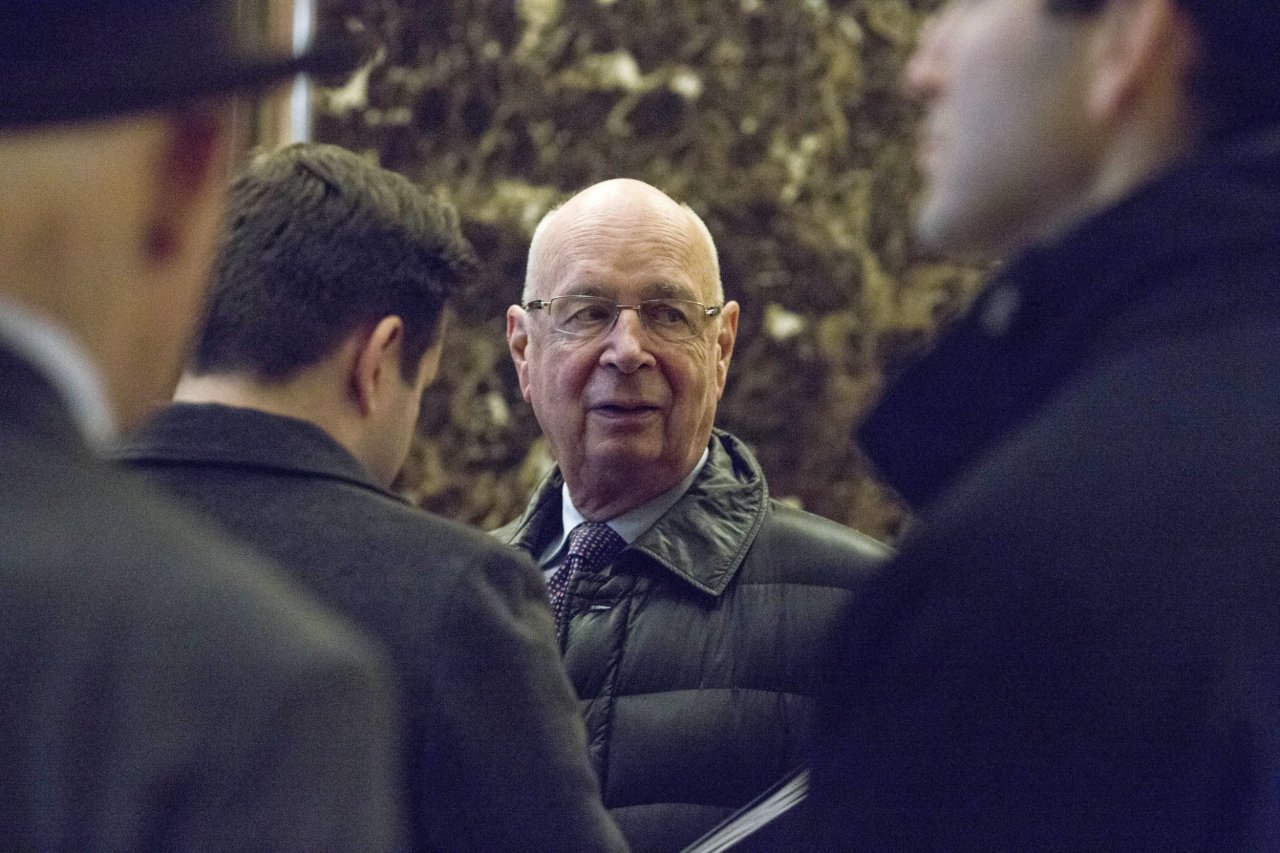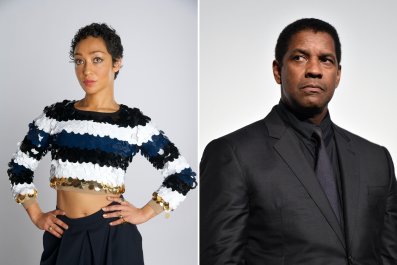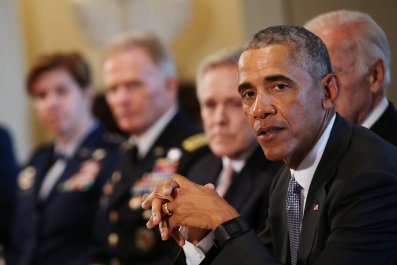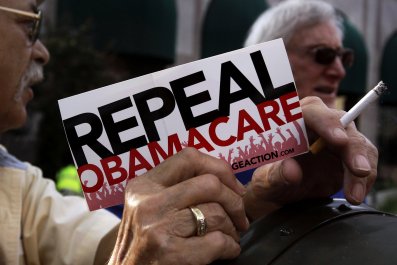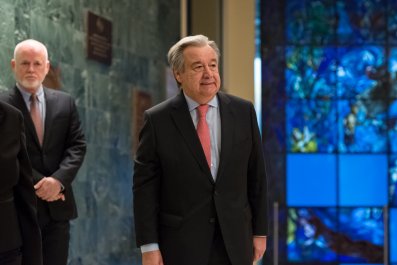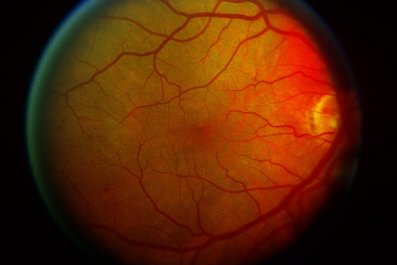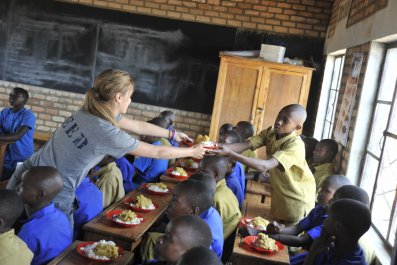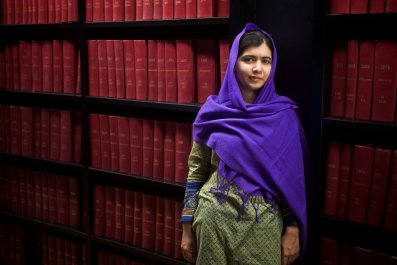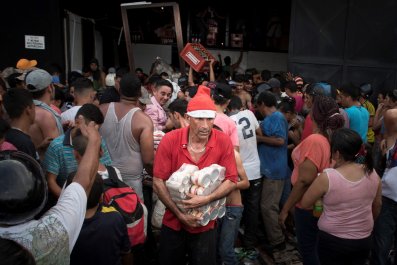There will be two rather different gatherings of the world's most powerful people on January 20. In the luxury ski resort of Davos, Switzerland, the 2017 meeting of the World Economic Forum (WEF)—the annual four-day coming together of political and business leaders—will be wrapping up. If there is a global clubhouse for establishment figures, Davos is it.
Meanwhile, as WEF delegates attend their final cocktail parties, avowed anti-establishment Republican Donald Trump will be sworn in as the 45th president of the United States in Washington, D.C. Attendees at Davos will know that Trump's presidency threatens to uproot the norms of diplomacy and trade and sweep away the ethos of international cooperation at the heart of the WEF. This year, the global elite won't just be exchanging business cards; they'll be seeking reassurance.
Related: U.N. Secretary-General António Guterres: My vision for revitalizing the United Nations
The anger at the establishment and at globalization among Western voters may have scared some leaders away from attending the heavily guarded, invitation-only gathering in Switzerland. German Chancellor Angela Merkel, a Davos fixture whose welcoming policies on refugees Trump has described as "insane," decided in early January that she would not be attending this year's meeting. Outgoing French Prime Minister François Hollande will also be a no-show. British Prime Minister Theresa May might attend, but she's shepherding her country out of the European Union, which is not a very Davos thing to do.
One expected newcomer to the WEF, however, could offer a powerful counterpoint to the apparently isolationist Trump and the absent European leaders. China's Xi Jinping is reportedly scheduled to make his first appearance at Davos, in the process becoming the first-ever Chinese president to attend the meeting. Xi may be an authoritarian, but he's committed to combating climate change and forging new trade deals. His RSVP at Davos this year signals China's growing enthusiasm for engaging with the world and could even spur the new American president to attend in 2018. The WEF would no doubt welcome Trump—perhaps in the hope of making him a more enthusiastic global citizen. (WEF founder and Executive Chairman Klaus Schwab was invited to Trump Tower in December and met with the president-elect; a WEF spokesman declined to comment on the meeting or whether Schwab had invited Trump to next year's meeting.)
The sobering truth for centrists, however, is that no amount of dialogue will change the fact that the post-Cold War assumption that liberal democracy would steadily spread throughout the world has proved false. Arguably, the three most powerful people in the world will be—as of January 20—Xi, Trump and Russian President Vladimir Putin. Good luck in that crowd, liberalism.
As the fury at politicians and institutions swells, individuals continue to innovate, create and nurture the sense of a global community. And it's in that spirit that we have shaped this year's Davos special issue.
Our main feature is an exclusive interview by reporter Mirren Gidda with Malala Yousafzai. Gidda, along with portrait photographer Robin Hammond, traveled to Birmingham, England, to meet with Yousafzai in December; Gidda spent much of her time discussing what impact the young activist can have as she gets ready for college and becomes an adult. We also have essays by U.N. Secretary-General António Guterres—now only a few days into his new job—on his vision for the global body; Eric Schmidt, executive chairman of Google's parent company, Alphabet, on the remarkable promise of machine learning; and the Feed Foundation's Lauren Bush on how we can move closer to ending world hunger.
There—the first 100 days of 2017 are already looking better.



